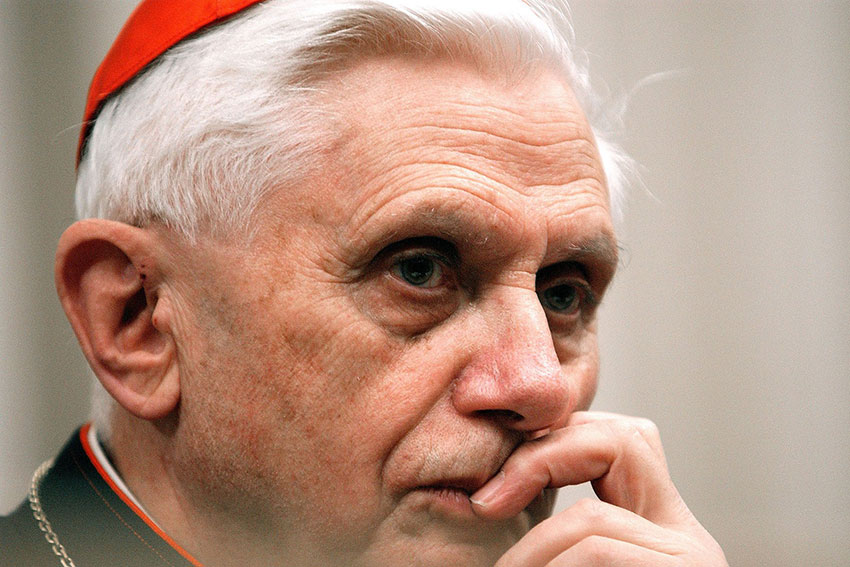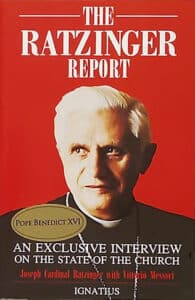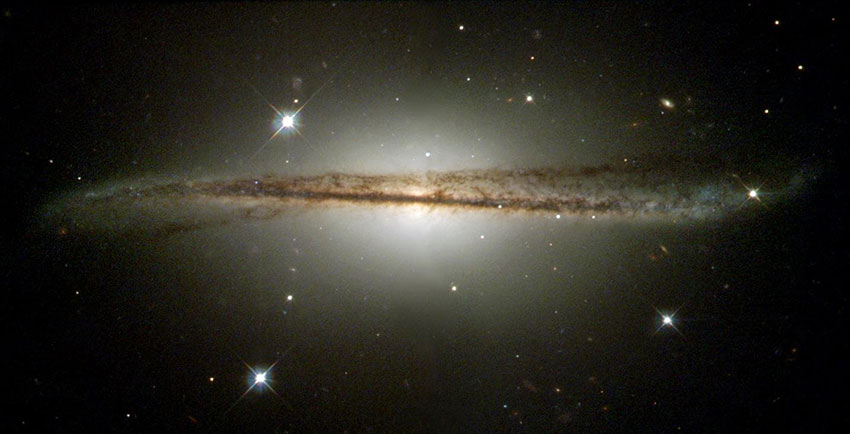
Joseph Ratzinger – the late Pope Benedict XVI – meant a huge amount to me. He first came on my radar when he was appointed by St John Paul II to the then-Congregation for the Doctrine of the Faith in 1983.
I remember seeing the photo of him striding along purposefully in the pages of The Economist, with the amusing caption ‘Off to get those heretics’. (The Economist was really something back then).
The Ratzinger Report appeared a couple of years later – a book-length interview in which he told it like it was. It was a blast of fresh air to hear someone at the top talking openly about the real problems in the Church.
Gentle, gifted, deeply spiritual
And that was how I saw him for years – the unpopular but necessary enforcer for the tough love of St John Paul II. But he was so much more than that.
The next book by him that I read was Salt of the Earth (1996), another book-length interview. I started to realise that this man was no Rottweiler, but actually gentle and gifted and deeply spiritual.

One of the most quoted parts of this book is Ratzinger’s response to the question “How many ways are there to God?” He replied:
“As many ways as there are people. For even within the same faith each man’s way is an entirely personal one.”
“In that respect there is ultimately one way, and everyone who is on the way to God is therefore in some sense also on the way to Jesus Christ.”
“But this does not mean that all ways are identical in terms of consciousness and will – but on the contrary, the one way is so big that it becomes a personal way for each man.”
This is a perfect answer. It’s true and balanced, and it allows God to do His work while reminding us that not everyone is quite there yet.
This led me to Milestones (1998), his brief autobiography, which is endearingly humble, and made me really love him for the first time. Then came the magisterial The Spirit of the Liturgy (2000).
A cosmic theology
This was truly revolutionary for my own spirituality. I’ve never been able to look at the Book of Exodus in the same way since. You’ll need to read it for yourself to see why I say that.
I freely admit that I am only ever about two stiff drinks away from total paganism. This is why I am so very down on the current trend towards eco-consciousness as a substitute for most of the other Christian virtues.
But thankfully Ratzinger taught me how and why the whole cosmos, seasons, moon, stars, sun, and earthly cycles are drawn into the Redemption. It’s no more than I would have expected from someone deeply steeped in the mind of the Church – but also an unrepentant cat lover.

Most people associated Benedict XVI with the traditional Latin Mass because of Summorum Pontificum (2007). They don’t usually realise how firm he could be with Latin Massers in person.
I once read a delightful little book called Looking Again at The Question of The Liturgy with Cardinal Ratzinger (2003). These were the proceedings of the July 2001 Fontgombault Liturgical Conference.
The only essay that I remember now is Ratzinger’s summary of the papers and his experience as an audience member. He was clearly devoted to the reality of plural modes of liturgical expression in the Church and wasn’t shy of giving them a few correctives.
(In fact, it was from Ratzinger that I learnt that the Roman liturgy was not remotely the ‘Mass of the Ages’ at all).
He also made some excellent suggestions like including newer saints like Josephine Bakhita in the Latin Mass calendar, with their new commons and propers.
But the photos of him in this book gave the impression of someone getting ready for retirement. It just goes to show that if you want to make God laugh, make a plan.
[those 2003] photos of him … gave the impression of someone getting ready for retirement. It just goes to show that if you want to make God laugh, make a plan.
I was very much taken aback when he was elected Pope, but I think he was as well. And I am also not surprised that the job was too much for him, especially once he was given the heads-up on the full extent of the sexual abuse scandal in North America.
I was sad to see him abdicate – but as he’s one of the most brilliant men that’s ever lived this century, I’m prepared to concede that he knew more than me.
I think he will also eventually join the ranks of the canonised saints, because his writings are luminous and transformative. I’m looking forward to it.
May he rest in peace. Joseph Ratzinger, pray for us.
Related
